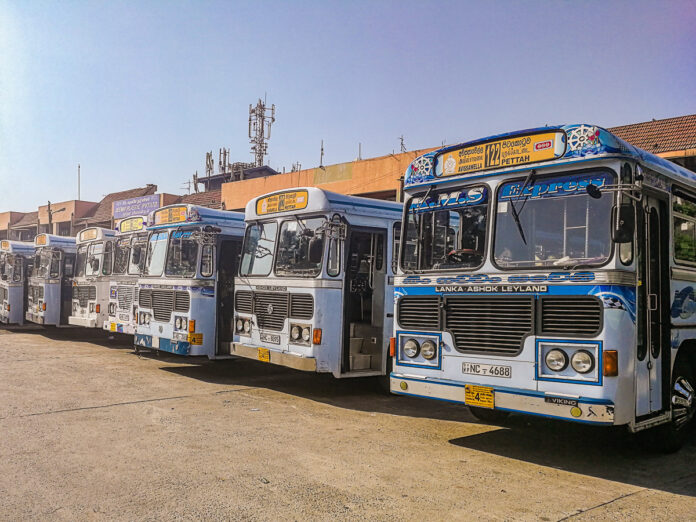The purchase of spare parts including tires for Sri Lanka Transport Board (SLTB) buses is in a problematic situation in the current competitive market due to the increase in prices, the Committee on Public Accounts (COPA) was told recently.
This was revealed when the Committee met under the chairmanship of MP Tissa Vitharana to examine the plans developed under the Ministry of Transport and Highways to provide efficient transport services to the general public under the current economic crisis in Sri Lanka.
Officials of the Ministry of Transport and Highways explained to the Committee about the future plans of the Ministry and pointed out that due to rising prices, it has become problematic to buy spare parts for buses in today’s competitive market. They said there have been problems especially in making purchases after calling for tenders.
They also said that even though the public transport service should be further developed, it has become a problematic situation for a public institution to buy equipment at the current prices and get profit.
The Committee also discussed providing diesel to private buses through filling stations belonging to SLTB depots.
The officials specially pointed out that some private buses are getting diesel from these fuel stations and selling it at a higher price. They stated that it is cheaper for bus owners to sell diesel at a higher price than to run buses on the route.
Accordingly, the Committee pointed out that this situation should be controlled and the public should be prevented from being inconvenienced, and a system should be developed to check whether the buses that pump fuel from the depot filling stations are running.
Especially, the possibility of applying of G.P.S. technology for buses was also discussed here.
In addition, it was also revealed that although $ 1,056,555 was spent on the Sri Lanka Railways Master Plan in 2017 based on the financial grants of the Asian Development Bank, the same was not included in the ministry’s budget or financial statements.
Accordingly, a report on this was recommended to be given to the COPA. Also, there was a discussion about combining railway transportation with new technology.
